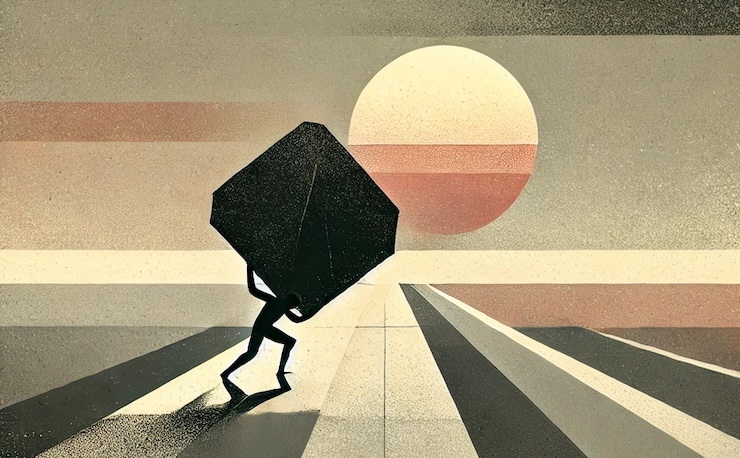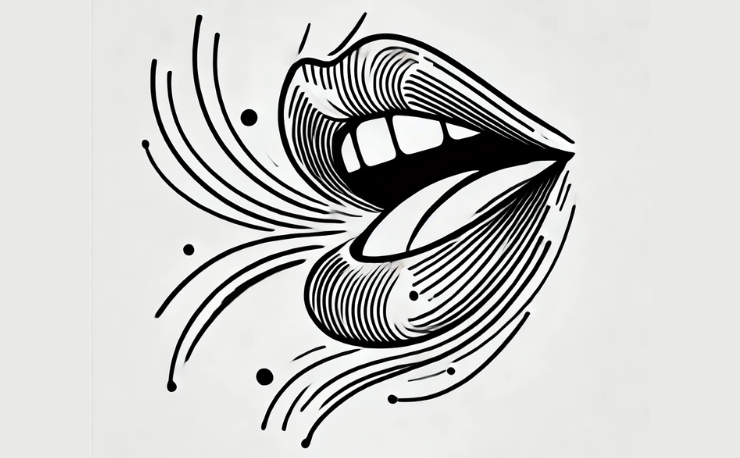Finally got back into the writing mode and published a couple of new posts on various project management topics. You can find the new content here.
What helped me become more productive recently?
I made a few changes to my daily schedule and I’m taking sleep more seriously than before.
So for this post I thought: Why not share my “productivity hacks” with you?
There you go.
The following three changes have helped me become happier and more productive and I have no doubt you will feel a positive impact if you try them out.
Hack #1: Get up at the same time every day
If you get up early during work days and stay up late on weekends (followed by a long sleep), how do you feel on Monday or Tuesday? Most probably, it’ll feel like hitting a wall with your head. You don’t want to get out of bed and you have to drag yourself to work.
These are not the only consequences. The feeling of tiredness (typical for an erratic sleep schedule) also raises our level of anxiety and we tend to worry more about things (probably some evolutionary mechanism for self-protection because when tired, we are less capable of escaping from dangerous situations or defending ourselves).
Anyway, the lesson is:
Your body and mind can operate best when it can follow the same schedule every day. This means going to bed and getting up at the same time every day. Yep, including weekends!
Honestly, I’ve never felt better and more productive since I began following a consistent sleeping schedule.
Give it a try!
It doesn’t matter what time you go to bed or get up.
What matters is consistency!
Hack #2: Treat sleep as the most important topic
Most of us regard sleep as a necessary evil. I used to think like that too. Instead of looking forward to my comfy bed, I tried to squeeze as many things into my evenings as possible — including being on the computer until late at night.
I was always tired the next morning.
Then I started reading books about sleep including Sleep Smarter by Shawn Stevenson (highly recommended!). I understood how important sleep actually was for our health. And I learned what factors determine the quality of our sleep.
After taking sleep more seriously and working on improving my sleep, I felt much better. I wasn’t just feeling ‘alright’ the next morning but I felt awesome and got way more done!
How can you make your sleep even better?
- Invest in a good bed, blanket and pillow: You need to test what brand/type is best for you
- Establish an evening routine: Do the kind of things that help you calm down and relax. For some it is watching a movie. For others (including me) we can better relax after a walk outside.
- Monitor your room temperature: Studies have shown that we have better, deeper sleep at lower room temperatures. The ideal room temperature for sleep is between 60 and 68 degrees Fahrenheit (that’s 15 – 20 degrees Celsius)
- Stop doing things that keep you from falling asleep: I don’t read my mail, follow the news or make phone calls after 6 pm because it just gets me worked up.
Hack #3: Schedule work according to your energy level
The morning hours is where we feel energized and focused and the afternoon is where we often get tired and unfocused — especially after lunch. As a result our productivity goes down.
We all experience this “energy cycle”.
How can we deal with it?
Instead of feeling guilty for not getting a lot done when we are tired, the best way is to schedule work based on our energy level which depends on the time of the day.
Simple rule:
Use the morning for mentally demanding work.
Use the afternoon for mechanical and less demanding tasks.
Just take a look at your list of to do’s: What tasks do you find more demanding because they are more complex? Schedule those tasks in the first 4 hours of the day.
What are easier tasks that are monotonous and mechanical? Don’t waste your valuable morning hours on such tasks! Tackle them in the afternoon when you anyway have less energy.
Activities requiring a large amount of mental energy:
- Complex scheduling work
- Larger meetings or meetings with top management (e.g. project kickoff, steering board meetings)
- More complex writing work (e.g. putting together a project report)
- Any meetings about current issues or escalations
Activities that require less mental energy:
- Creating Powerpoint slides
- Checking timesheets or the budget
- Regular status meetings
- Update meetings with your supervisor
You get the idea: The morning hours of a day are more valuable because you can get more done. Use the afternoon for easier, less critical tasks.
Hope you found these productivity tips helpful.
I wish you all the best and stay safe.
Adrian
Author
-
Hi, I’m Adrian, a Senior Project Manager and the Creator of Tactical Project Manager, where I teach a pragmatic approach to project management. Led large-scale IT and business projects for over 10 years. My goal is to enable you to lead any project with confidence.
View all posts



